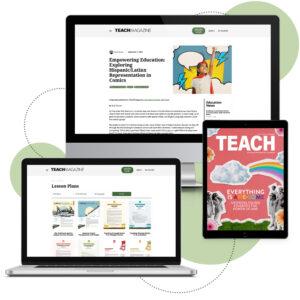A new multimedia resource aimed at combating the shortage of Black men in science, technology, engineering, and math (STEM) fields launched today at the University of Wisconsin–Madison. Referred to as Black Males in Engineering project, it offers research-backed ways to support Black boys and men in STEM.
Creating Waves
The shortage of Black men in STEM remains a dire challenge in the United States. According to 2022 statistics from the National Science Foundation, only 2% of STEM-field graduates were Black men. Hence, the new Black Males in Engineering (BME) project aims to offer a pragmatic path forward. This project is led by School of Education faculty member Brian Burt. Burt is a co-project director and co-principal investigator at the new Wisconsin Sloan Center for Systemic Change, or WiSC², an initiative aimed at removing barriers and improving equity in STEM.

BME provides a robust collection of resources outlining research-backed methods for supporting Black boys and men in STEM from primary school through doctoral studies. The resources include a video series and an accompanying set of interactive handouts with guided questions for various audiences.
Dynamic Guidance
Burt says the resources are meant to provide guidance on proven best practices at home and in educational settings for all those seeking to help Black students thrive. “We hope BME will provide support and a path forward for parents and caregivers, as well as teachers, advisors, peers, and students themselves on how to correct inequitable access to careers in science and engineering,” he says. Burt also hopes BME social media accounts on Facebook and X will provide a forum for continued discussion and innovation on the subject of Black males pursuing and succeeding in STEM fields.

The Road Less Travelled
“Aspiring to a career in engineering can be daunting for Black males and a less traveled road they are expected to pave themselves,” Burt says. “We aim to provide a growing and well-informed community of support for these hardworking students.” The BME project is supported and funded by the National Science Foundation, National Academy of Education, Spencer Foundation, Wisconsin Alumni Research Foundation, and Wisconsin Center for Education Research. It was spurred by Burt’s decade of research on the experiences of underrepresented graduate students of color in engineering.
TEACH is the largest national education publication in Canada. We support good teachers and teaching and believe in innovation in education.


 Monthly Digital Subscription
Monthly Digital Subscription  Yearly Digital Subscription
Yearly Digital Subscription 